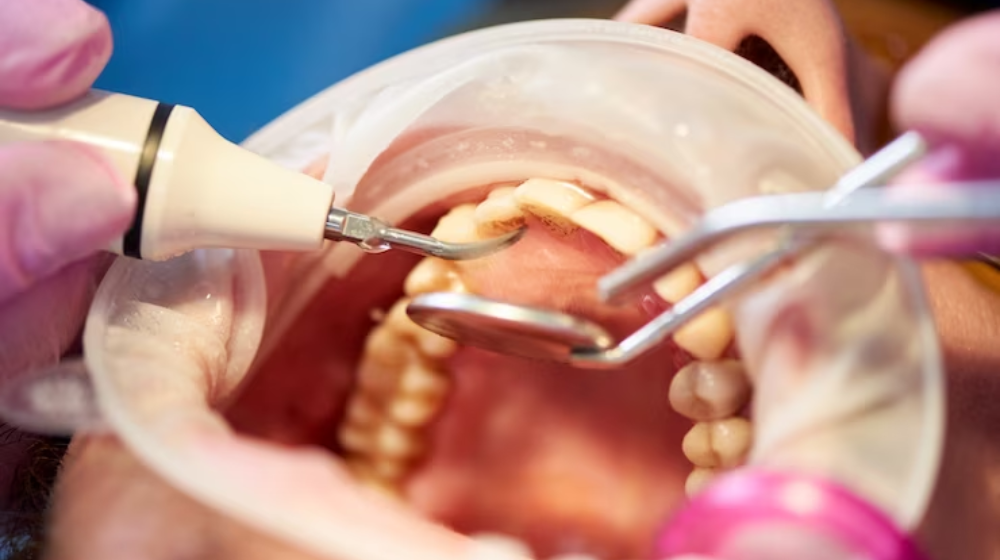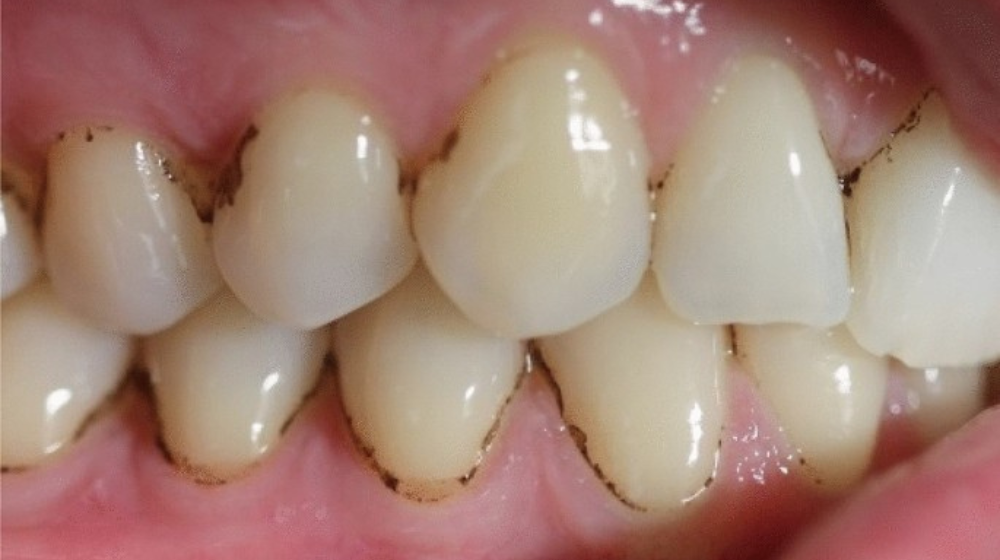Published on January 12, 2024

Do you find yourself troubled by mysterious black spots on your teeth? You’re not alone. Dental discoloration can be concerning, affecting not just your appearance but also your oral health. In this comprehensive guide, we’ll delve into the ten leading causes of black spots on teeth, shedding light on the origins and providing valuable insights on prevention and treatment.

1. Poor Oral Hygiene: Neglecting regular brushing and flossing can lead to plaque buildup, causing black spots over time. Maintain a diligent oral care routine.
2. Dental Decay: Decay, often caused by sugary foods, can result in cavities and black spots. Regular dental check-ups are essential for early detection.
3. Smoking and Tobacco Use: Tobacco products stain teeth, causing dark spots. Quitting smoking not only benefits your overall health but also enhances dental aesthetics.
4. Foods and Drinks: Dark-colored foods and beverages, such as coffee, tea, and red wine, can contribute to enamel staining. Rinse your mouth after consumption to minimize the impact.
5. Medications: Certain medications, notably iron supplements and liquid iron formulas, can lead to tooth discoloration. Discuss alternatives with your healthcare provider.
6. Dental Restorations: Old or damaged dental fillings and crowns may darken over time, creating black spots. Regular dental check-ups help identify and address these issues.
7. Trauma or Injury: A blow to the teeth can damage the pulp, causing internal bleeding and subsequent black spots. Seek prompt dental attention for trauma-related concerns.
8. Excessive Fluoride Intake: While fluoride is crucial for dental health, excessive consumption, whether through water, toothpaste, or supplements, can lead to tooth discoloration. Follow recommended guidelines.
9. Genetic Factors: Some individuals are genetically predisposed to tooth discoloration. Although genetics play a role, maintaining good oral hygiene is essential for overall dental health.
10. Aging: As we age, tooth enamel naturally wears down, revealing the darker layer beneath. Regular dental care can slow this process and maintain a bright smile.
Furthermore, understanding the causes of black spots on teeth is vital, but prevention is equally important. Adopting healthy habits, such as regular dental check-ups, proper oral hygiene, and a balanced diet, can significantly contribute to a radiant smile.
However, if you already have black spots on your teeth, professional dental treatments like teeth whitening, veneers, or bonding may be recommended. Consulting with a dentist will help determine the most suitable option for your specific case.
In comparison to over-the-counter whitening products, professional dental treatments provide more effective and lasting results. Although these procedures may be pricier, the investment in your dental health and confidence is undoubtedly worthwhile.
Understanding the causes of black spots on teeth empowers individuals to take proactive steps toward maintaining a bright, healthy smile. Regular dental check-ups, a meticulous oral care routine, and lifestyle adjustments can contribute to preventing and addressing dental discoloration. Embrace these habits to confidently showcase a radiant smile that reflects not only good oral health but overall well-being.
FAQs
Q1: Can black spots on teeth be prevented?
A1: Yes, maintaining good oral hygiene, avoiding tobacco, moderating consumption of staining foods, and regular dental check-ups can prevent black spots.
Q2: Are at-home teeth whitening kits effective for black spots?
A2: While some may offer temporary relief, professional dental treatments are more effective and provide long-lasting results for black spots.
Q3: Can black spots on teeth be a sign of a serious dental issue?
A3: In some cases, yes. It’s essential to consult a dentist to rule out any underlying dental problems causing the black spots.
Q4: How can I reduce the impact of foods that stain teeth?
A4: Rinse your mouth with water after consuming staining foods or beverages, and maintain a regular oral hygiene routine to minimize the effects.
Q5: Is tooth discoloration reversible?
A5: The reversibility depends on the cause. Professional dental treatments can often address and improve tooth discoloration, but prevention is key.
